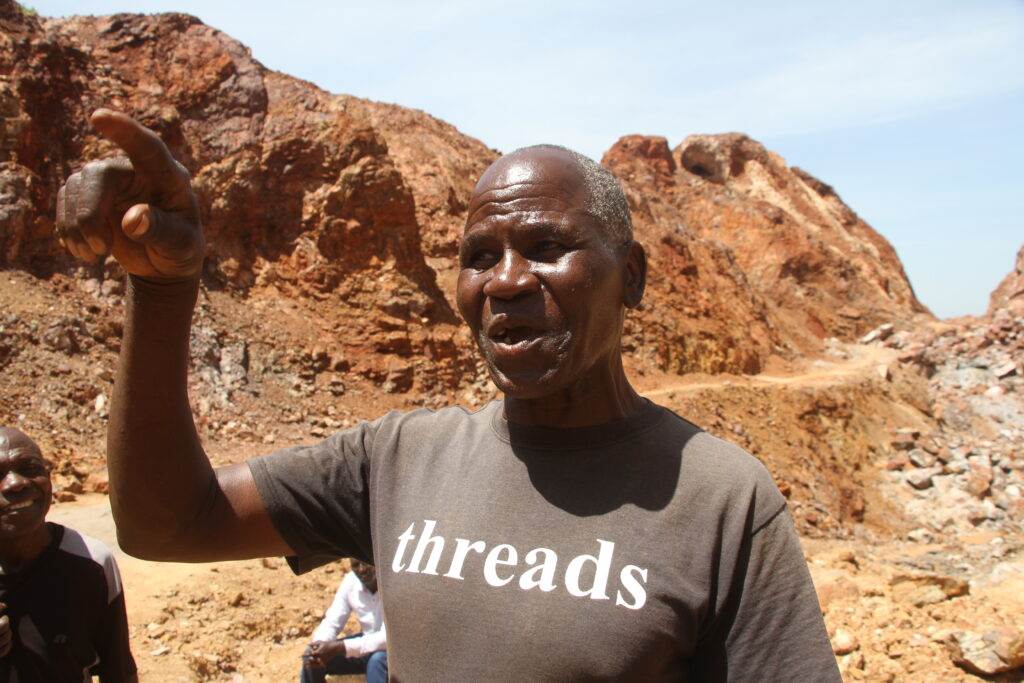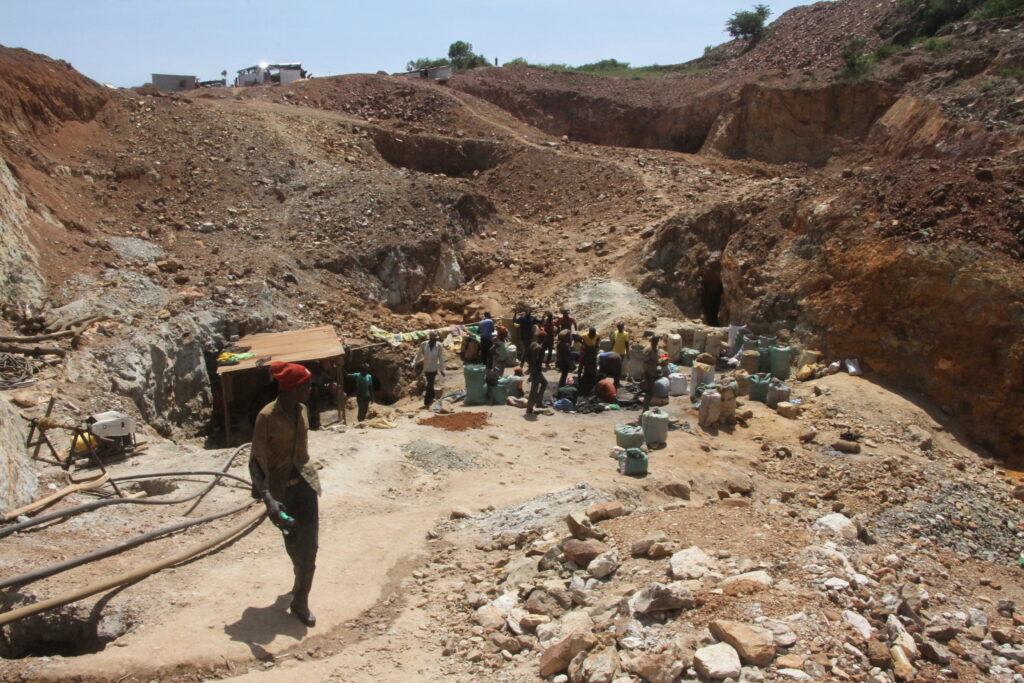A mention of the world ‘gold’ signifies opulence, and anyone dealing in gold business paints a picture of satisfaction.
But this is not the reality with the gold miners of Nyatike, in Migori County.
Sweaty and rough skin devoured by thick dust and wrapped in tattered cloths is the order of the day here, and people like 70-year-old Dalmus Wandigi may soon quit the trade frailer, poorer and needier than they joined it.
“There is enough wealth in this area to make all of us rich and live a comfortable life but there is a group of egocentric individuals who reap from our hard labour while leaving us with coins which can barely feed us,” says Wandigi.
Nyatike is one of the gold-rich areas in Migori County, with 80 per cent of its population said to be either directly or indirecting aching a living from gold mining.
Apart from the daily meal, and other basic needs, the minors have nothing much to celebrate from the muscle-sucking venture.
All these, they blame on middlemen who buy raw gold from them on cheaper prices, but hit ‘gold’ at the main market, after processing them.
According to Wandigi, when Canadians started the mining activities in Nyatike at Maccalder mining fields in 1950s, the locals who were main suppliers of manual labour used to get better returns in form of payments from the mines.

He laments that the situation was messed up in the 1980s after the Canadians left, and locals came in.
Today, he says one gram of the special stone which fetched Sh5, 000 is sold for not higher than Sh3, 500.
He says the middlemen have taken advantage of lack of proper regulations to keep them at bay with the buyers.
“The middlemen who cheaply buy the gold from us sell them at very high prices, and any time we take them head on to explain, they claim they have so many other expenses such as taxes to pay. On the other hand they do not want to allow the buyers to get closer to us miners,” he said.
Joseph Owuor says that the only benefit they get from mines is food and small funds to take their children to school.
“All we proud ourselves with here is food from this work. For you to get school fees you have to work extra hours,” says.

Kephas Ojuka, Chair Migori County Miners Association admitted that brokers sometimes give miners unfair prices, but they substantiate that they have to incur other expenses associated with sourcing for markets for the product.
Ojuka noted that since most of miners are not licensed, it’s challenging to follow up on notorious gold brokers who exploit them.
He said his office has been engaging the government to intervene, create order in the sector, so as to make the market fair to all the players.
“As the leadership, we have limitations in fighting for fair market when the sector is not well regulated,” he said.
A gold trader who sought anonymity however argues that the process of selling gold is strenuous and risky as sometimes they face life-threatening occasions.
He added that they sometimes incur losses in the process of grading the product especially when they buy raw gold from miners.
“This business is dynamic, and we cannot be accused of all the challenges facing the miners,” he said.
Migori County Director of Natural Resources Tom Misenya defended his office, arguing that since mining is not devolved, it is only the national government that can help in regulations.
He however added that his department is in the process of developing a mining and minerals policy as an effort to domesticate the mining Act of 2016.
“This will help the county government put in place the requisite structures to help in managing the sector,” he said.
